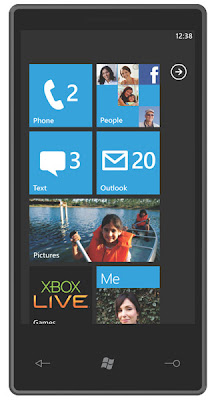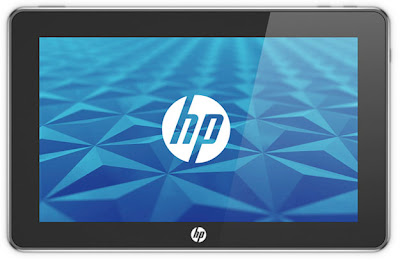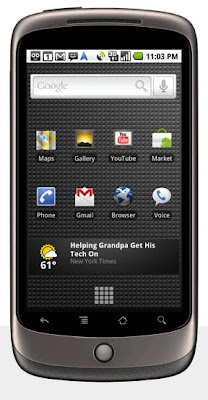Apple had a perfect storm of hype: a beautiful hardware redesign that left previous iterations in the dust, killer new software features brought together in a dead-simple package, and the same price tag as last year's model. This on top of Apple's sterling reputation since their snowballing ascent in consumer electronics and it is nearly impossible for anyone to halt that raging storm.
Anyone except for Apple itself, that is, and that is exactly what has happened.
Upon the launch of Cupertino's latest and greatest, a massive flaw was brought to light--if you touch the bottom left corner of the phone with the palm of your hand, the already mediocre cell reception drops even more until there is none. Apple claims that this is a software issue and that the phone is incorrectly displaying the signal drops, but one of the key features to the new design for the iPhone 4 is the metal band around the body which is actually two pieces of an antenna put together. There has been scientific studies proving that an external antenna system is hampered when in contact with human skin.
So this is a big issue and a company as large as Apple should take responsibility for its error, right? Well apparently, the company's CEO, Steve Jobs, didn't get that memo. In a reply to a customer's email complaining about the antenna, Jobs said, "Just avoid holding it that way". The media has twisted those words into the message, "You're holding it the wrong way", and to be honest they aren't too far off. Naturally this hate is spreading quickly, yet Apple has only made an insignificant press statement citing that all cell phones have antenna issues when held in certain ways.
Apple had a perfect storm, but now it has become a horrifying PR nightmare. It is hard to tell if this will have any kind of long term effect on the company, but six months from now I wouldn't be surprised if people thought twice before going after the big fruit's newest goodies.
Quick Word is a special editorial where current events are discussed. The contents of this article are pure opinion, except when stated as otherwise.


















